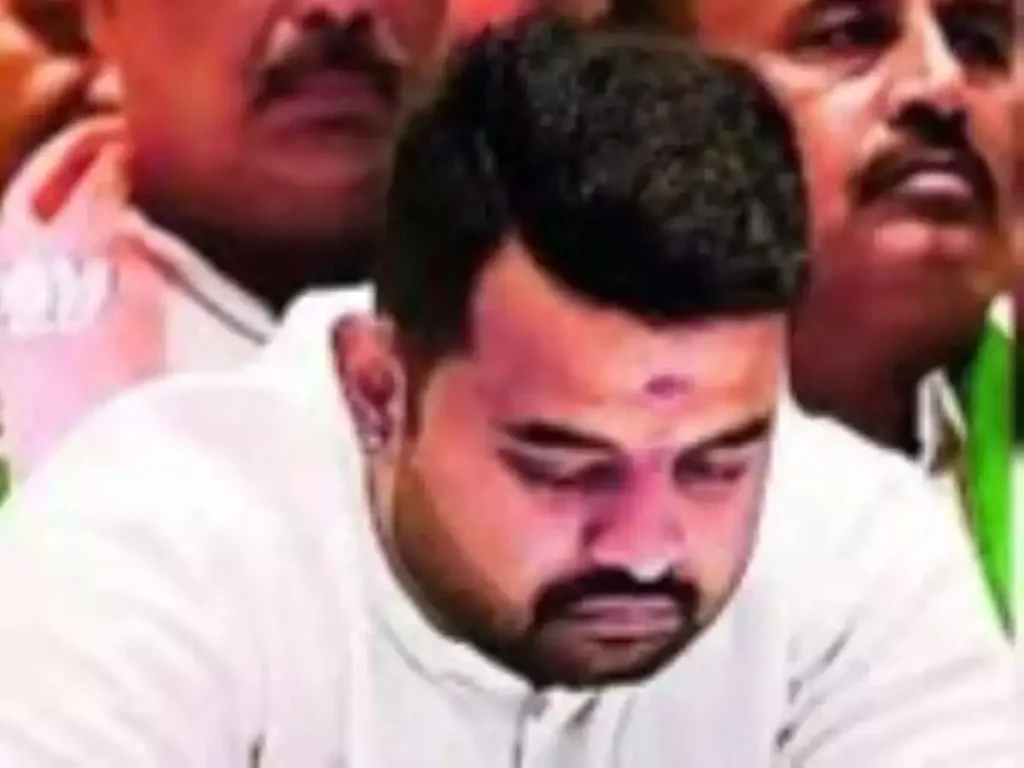A court in Karnataka, southern India, has sentenced former Member of Parliament Prajwal Revanna to life imprisonment after finding him guilty of raping one of his domestic staff. The conviction, delivered on Friday, was followed by the sentencing on Saturday, marking a rare instance of a powerful political figure being held accountable for sexual assault in India.
Revanna, 34, hails from one of Karnataka’s most influential political families. He is the grandson of former Indian Prime Minister H.D. Deve Gowda and a member of the Janata Dal (Secular), which is currently allied with Prime Minister Narendra Modi’s Bharatiya Janata Party (BJP). The case has drawn national attention, both for the severity of the crime and for the political stature of the accused.
The case first came to light in 2023 after hundreds of sexually explicit videos allegedly involving Revanna were leaked on social media. The videos, reportedly showing him assaulting multiple women, caused widespread outrage and triggered a series of investigations. Revanna initially denied the authenticity of the videos, with his office claiming they had been doctored.
Despite the mounting evidence, Revanna left India in April 2024 using a diplomatic passport. He remained silent on the issue during his time abroad. However, following public pressure and political backlash, he returned from Germany in May 2024 and was immediately arrested upon arrival.
During his trial, Revanna maintained his innocence but broke down after the guilty verdict was delivered, pleading for leniency. The court, however, handed him a life sentence, citing the gravity of the crime and the trust he had violated as a public figure.
This is not the end of Revanna’s legal troubles. He is currently facing two additional rape cases and one case of sexual harassment, all of which he denies.
The conviction is seen as a significant moment in India’s ongoing struggle for justice in cases involving sexual violence, especially when committed by those in power. Activists and legal experts have lauded the court’s decision, saying it sends a strong message that no one is above the law.

